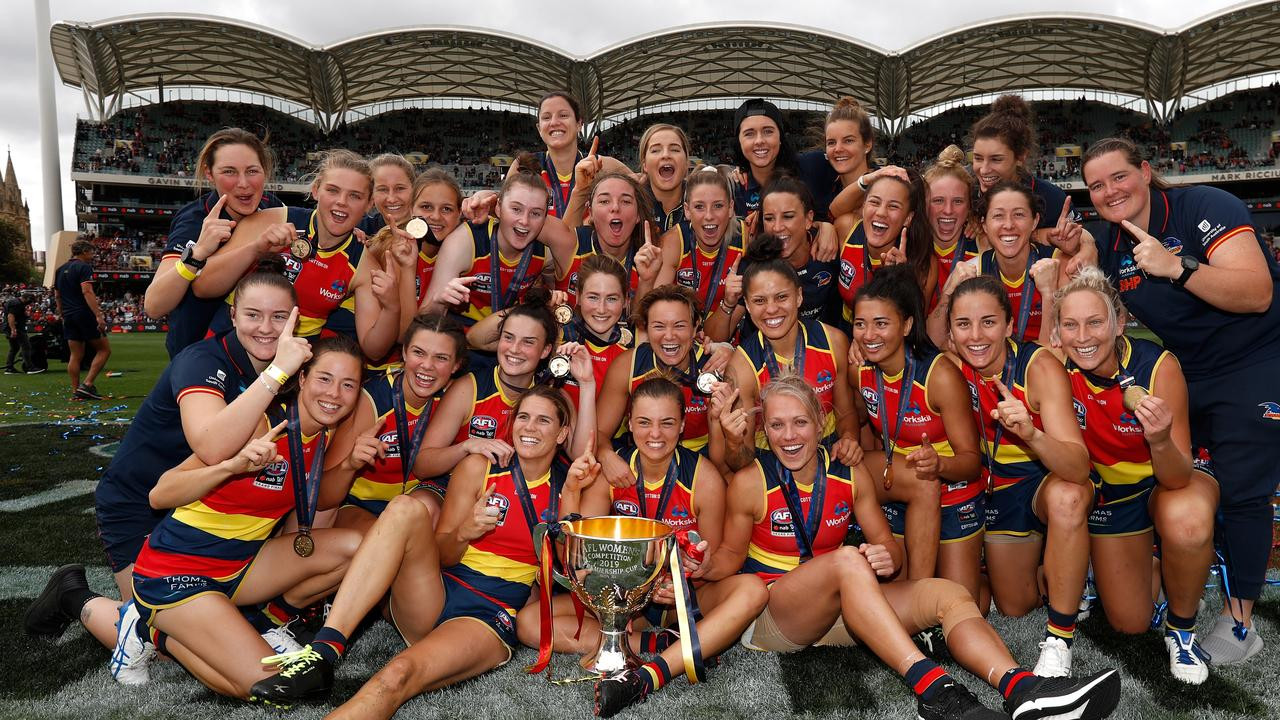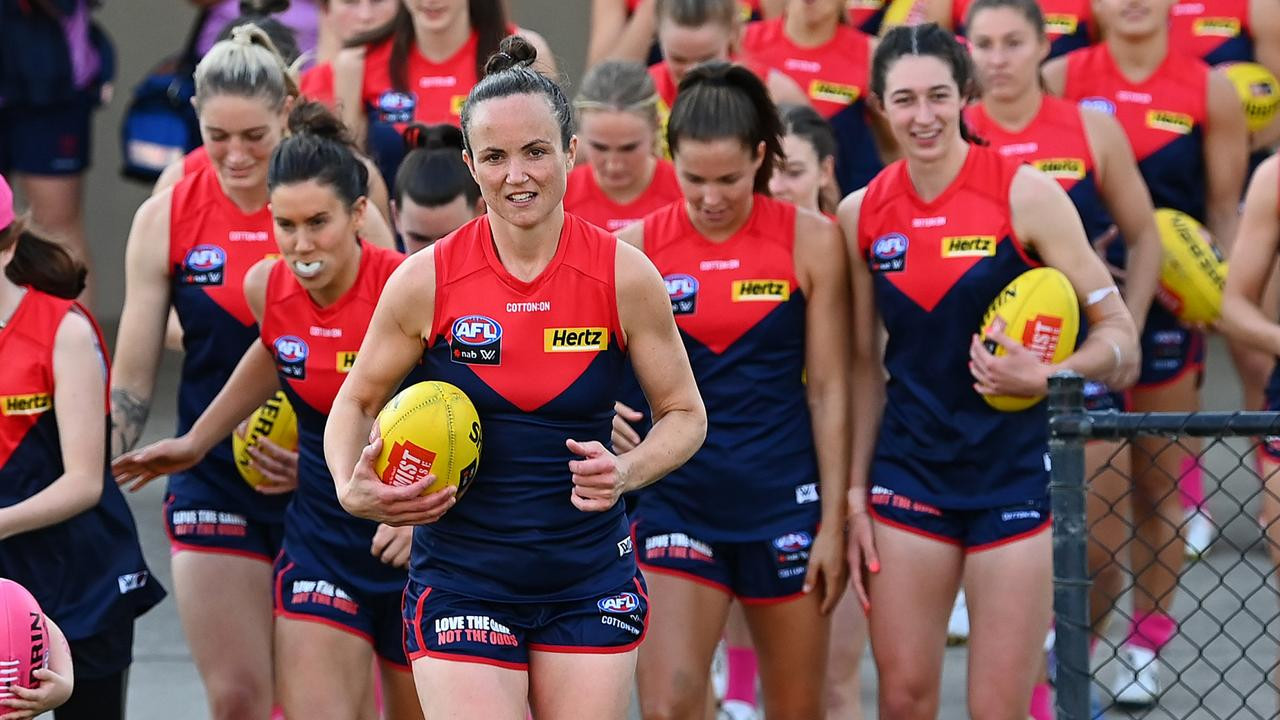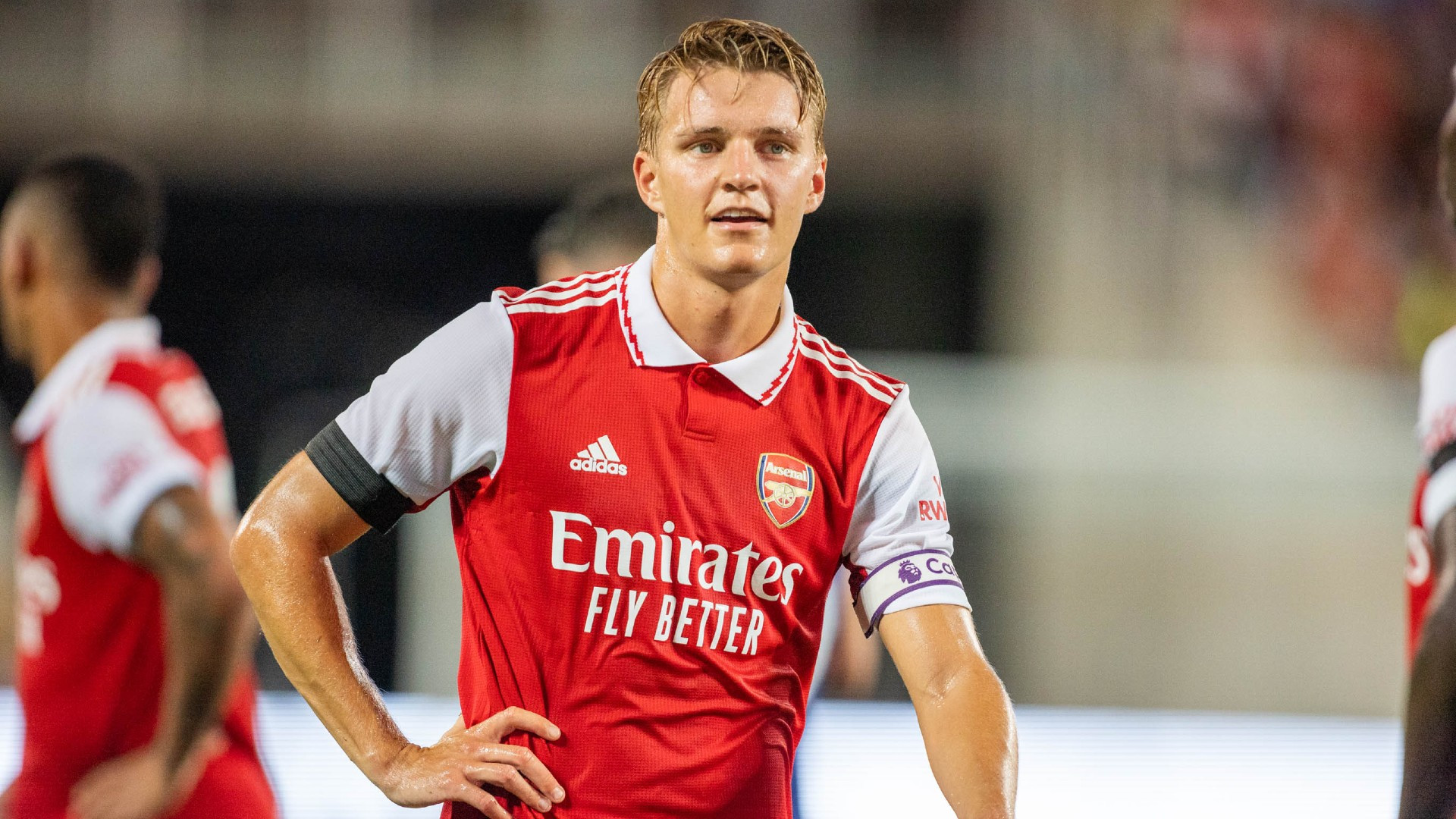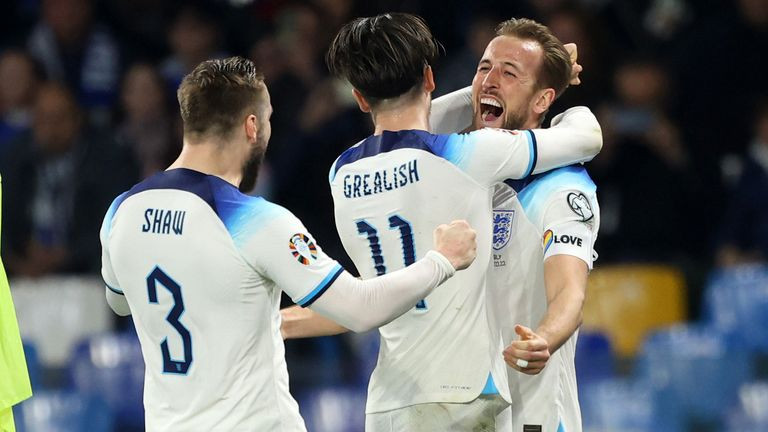When the Western Bulldogs' AFLW side runs out before the men's elimination final on the first Friday in September, it will mark just the third time AFLW has graced the hallowed turf of the MCG. It's also just the second time an AFLW fixture has been played as a 'double-header' with a men's final. But while on paper it's an exciting opportunity, it's one that has been stumbled upon in chaos and controversy all-too-familiar to AFLW.
The Bulldogs' AFLW side were originally scheduled to play Port Adelaide at Whitten Oval at 5:05pm, in a timeslot that already presented an obvious barrier to attendance. But when the AFL chose to schedule the men's elimination final on the same night at the MCG, it made it near-impossible for a large number of Dogs fans to make both matches. Moving the game to the MCG arguably solves one problem, allowing those fans who were going to the sold-out elimination final to also watch the AFLW fixture (albeit they will need to arrive at 4:30pm).
But it also presents other challenges. The AFL have announced that fans who had already purchased a ticket to the round two AFLW clash can attend the game at the MCG, as well as the men's final. But there are few who would have bought tickets already. This includes a number of AFLW members, who are entitled to entry at home games. On that front, The AFL has said that "a number of tickets will also be made available to AFLW members of both the Western Bulldogs and Port Adelaide, with the club to facilitate access to these tickets."
While this appears to be the best possible solution to a complex situation, it is another instance of a lack of foresight and planning when it comes to AFLW. "It could have perhaps been avoided in the first place," said Carlton captain Keryn Peterson on ABC Radio Melbourne on Friday. She did however agree that it was a "good opportunity" to showcase AFLW at the MCG.
"[Playing at the MCG] is a pinnacle for all players… so any opportunity to do that as a 'curtain-raiser' for what's going to be a sold out crowd [is good]. We may get some supporters with eyes on the game who don't normally watch AFLW."
For Julia Chiera, head of AFLW at the AFL Players' Association (AFLPA), the fixturing problem is a case of "deja vu" for AFLW. "I do find this particular instance disappointing because of the huge amount of work we have done with the players and AFL collaboratively in the off-season around fixturing and planning," she said. "The reactivity of decisions is something that has been an ongoing issue for AFLW, especially around fixturing. It's disappointing that we don't think about how we're going to celebrate AFLW. Instead, it's, 'How does W fit into everything else?'"
AFLW's Quest for Parity: A Balancing Act
The scheduling controversy surrounding the MCG double-header isn't a new issue for the AFLW. The league has long struggled to gain parity with its male counterpart, despite a growing fan base and increasing media coverage. This struggle is further emphasized by the league's current focus on achieving certain attendance and broadcast metrics in order to expand its season beyond 12 games.
The AFL has stipulated that the season will only expand if certain attendance and broadcast metrics are met. This is a controversial move, as the AFLW has been scheduled at times that make it difficult for fans to attend in person, including 5:05pm Friday night games and the new mid-week fixtures. Additionally, several AFLW games are played at grounds with capacities less than 6,000, making it difficult to achieve the desired attendance averages.
The AFLPA is seeking a deal that includes "discounts" for games scheduled at less desirable times, to ensure that these games don't hinder the AFLW's growth.
Expanding the Season: Finding New Audiences
Despite the challenges, the AFLW is looking to expand its season to 12 games in the coming years. To achieve this, the league needs to find new audiences and time slots that work. This is a balancing act, as the AFLW needs to find ways to attract new fans while also ensuring that its current fanbase is not alienated.
While the push to find new audiences is a priority, the AFLW must also address the core issues of parity and scheduling. It's time for the league to move beyond reactive decision-making and focus on a more proactive approach to planning and development. Only then will the AFLW be able to achieve its true potential and become a truly sustainable league.
The Future of AFLW: A Call for Action
The AFLW is a league with a bright future, but its success will depend on its ability to address the challenges it faces. The league needs to focus on ensuring parity with the men's game, finding new audiences, and creating a more sustainable schedule. The recent MCG double-header is a reminder that the AFLW still has a lot of work to do. But with continued dedication from the players, coaches, and administrators, the league has the potential to become a true force in Australian sport.



















